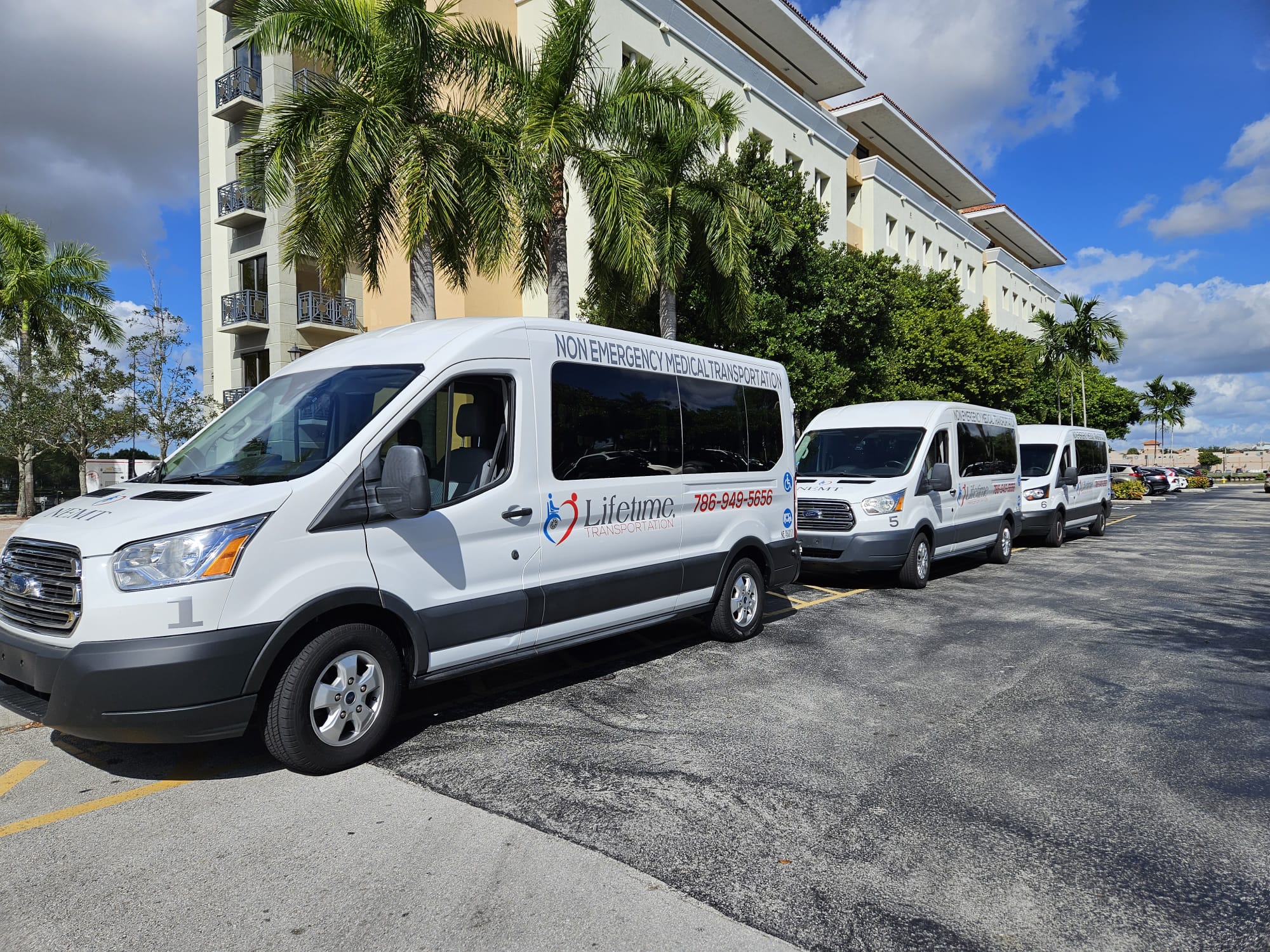Streamlined Medical Transportation Services Near Me: Guaranteeing Comfort and Care
Streamlined Medical Transportation Services Near Me: Guaranteeing Comfort and Care
Blog Article
Accessible and Affordable Medical Transportation Options for Seamless Health Assistance
In the realm of medical care, the accessibility and price of medical transport are vital in ensuring individuals can access the care they require when they need it. The capacity to effortlessly browse transportation choices can considerably influence a person's capability to receive timely medical focus, follow-up care, and total well-being. From non-emergency medical transportation solutions to ingenious services like telehealth, the landscape of clinical transport is advancing to fulfill the diverse demands of people. Thinking about the relevance of this element in health care distribution, checking out the selection of alternatives offered ends up being essential for addressing spaces in accessibility and affordability.
Non-Emergency Medical Transportation Solutions

These solutions are staffed by trained specialists that focus on person convenience and safety and security during transportation. Motorists are outfitted to handle individuals with varying clinical requirements and ensure that all trips are hassle-free and smooth - Medical Transportation Services Near Me. In addition, non-emergency medical transportation services usually make use of customized cars that are wheelchair-accessible, making them suitable for a variety of patients with different movement requirements
Volunteer Driver Programs
Volunteer motorist programs contribute in providing transport aid for people seeking non-urgent healthcare. These programs count on the generosity of volunteers who donate their time and automobiles to assist transport individuals to and from medical consultations. By using volunteer chauffeurs, companies can provide a cost-efficient remedy for people that might not have access to trusted transport.
Among the essential advantages of volunteer chauffeur programs is the customized care and attention that individuals obtain. Unlike typical transportation solutions, volunteer drivers often establish a rapport with the people they aid, developing a supportive and compassionate environment throughout what can be a difficult time. In addition, volunteer motorist programs can aid link the gap for individuals staying in rural or underserved locations where public transport alternatives might be restricted.
Public Transport Options

Among the key advantages of public transportation is its widespread schedule in country and city areas alike. This extensive network allows patients from varied histories to take a trip to clinical consultations with relative convenience. Furthermore, mass transit systems are frequently outfitted to fit people with impairments, offering obtainable traveling choices for those with wheelchair challenges.

Ride-Sharing and Transport Network Firms
The evolution of contemporary transportation alternatives for clinical click here for more info purposes prolongs past typical public systems like trains and buses to incorporate the ingenious realm of ride-sharing and transport network companies. Ride-sharing solutions such as Uber and Lyft have transformed the method people travel to medical appointments, providing ease and adaptability to patients who may not have access to their automobiles or typical mass transit. These platforms enable individuals to ask for an adventure with the touch of a switch on their mobile phones, offering door-to-door service that can be especially useful for individuals with mobility difficulties or those requiring help.
Transport network firms (TNCs) have actually likewise played a significant function in bridging the space in clinical transport solutions. Firms like Veyo and RoundTrip specialize in non-emergency clinical transportation, catering to patients that require a higher degree of support throughout their journeys to medical centers. By partnering with doctor and insurers, TNCs ensure that patients can access reliable and prompt transportation remedies, inevitably contributing to improved health and wellness end results and client fulfillment.
Telehealth and Virtual Examinations
Enhancing medical care access and benefit, telehealth and online appointments have emerged as crucial components in modern clinical techniques, transforming the way individuals engage with doctor. Telehealth leverages innovation to promote remote communication between you can try this out individuals and health care experts, offering a wide variety of solutions such as virtual assessments, remote surveillance, and electronic prescriptions. Digital examinations enable individuals to seek clinical advice, medical diagnosis, and therapy from the comfort of their homes, getting rid of the demand for physical brows through to health care facilities. This technique not only conserves time and lowers transport prices for people however also boosts the total efficiency of health care delivery.
Additionally, telehealth plays a critical function in expanding clinical solutions to underserved areas, rural areas, and individuals with limited flexibility. By damaging down geographical barriers and increasing health care outreach, telehealth promotes early treatment, connection of treatment, and client engagement. As modern technology remains to advance, telehealth is positioned to play a significantly considerable duty in forming the future of medical care distribution, fostering better health end results and person satisfaction.
Conclusion

From non-emergency clinical transportation services to ingenious services like telehealth, the landscape of medical transportation is advancing to meet the varied demands of people.Non-Emergency Medical Transport Services facilitate the timely and safe transportation of people requiring non-urgent clinical treatment to and from healthcare facilities.The development of contemporary transport choices for clinical purposes extends past conventional public systems like buses and trains to include the ingenious world of ride-sharing and transportation network firms.Transport network firms (TNCs) have also played a considerable function in bridging the space in clinical transportation solutions. Non-Emergency Medical Transportation Providers, Volunteer Vehicle Driver Programs, Public Transport Options, Ride-Sharing and Transport Network Firms, and Telehealth and Virtual Consultations all play a crucial function in attending to transport obstacles to healthcare gain access to.
Report this page